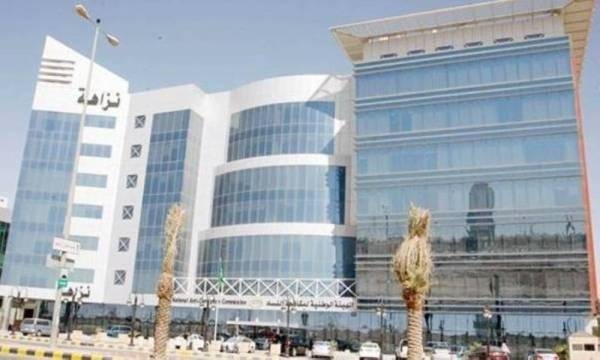The Saudi Oversight and Anti-Corruption Authority (Nazaha) recently made headlines after arresting 139 government officials in August on charges of corruption, including bribery, abuse of power, and money laundering. This move comes after conducting 2,950 rounds of inspections of various government offices, leading to the initiation of criminal cases against 380 suspects from ministries such as the Ministry of Interior, Ministry of Defense, Ministry of Education, Ministry of Health, Ministry of Municipality and Housing, and the Zakat, Tax and Customs Authority.
Moving forward, Nazaha has pledged to continue carrying out oversight rounds on government agencies and private establishments to detect and apprehend any individuals who misuse their positions for personal gain or at the expense of public interests. Even after individuals have left their positions, Nazaha will hold them accountable for any wrongdoing. Additionally, the authority will work closely with competent authorities to recover funds and proceeds obtained through corrupt practices, and review and address any weaknesses in the procedures of entities under its jurisdiction to prevent future corruption.
Nazaha’s proactive approach to combating corruption reflects the Saudi government’s commitment to promoting transparency and accountability among public officials. By cracking down on corrupt practices within government agencies, Nazaha aims to safeguard public funds and ensure that governmental resources are utilized for the benefit of the people. The authority’s efforts also send a strong message that corruption will not be tolerated in Saudi Arabia, and those found guilty will face legal consequences.
The recent arrests made by Nazaha underscore the severity of corruption within some government offices in Saudi Arabia, and the need for continuous monitoring and enforcement to root out these practices. By targeting individuals across various ministries, the authority is sending a clear message that no one is above the law when it comes to corrupt activities. The public can rest assured that Nazaha’s diligent efforts to combat corruption will help promote good governance and strengthen the integrity of government institutions.
As Nazaha continues to uncover and prosecute cases of corruption, it is essential for all government officials to adhere to the highest ethical standards and fulfill their duties with integrity. By upholding principles of transparency and accountability, public servants can help build trust with the citizens and contribute to the overall progress and development of the kingdom. Nazaha’s actions serve as a reminder to all public officials to act in the best interests of the country and its people, and to refrain from engaging in any form of corrupt behavior.
In conclusion, the recent crackdown on corruption by Nazaha highlights the Saudi government’s unwavering commitment to combatting corrupt practices and promoting good governance. By holding government officials accountable for their actions and working to prevent future instances of corruption, the authority is helping to uphold the rule of law and protect public resources. As Saudi Arabia continues its efforts to enhance transparency and accountability within its government institutions, Nazaha’s vigilance will play a crucial role in fostering a culture of integrity and trust among public officials and citizens alike.











